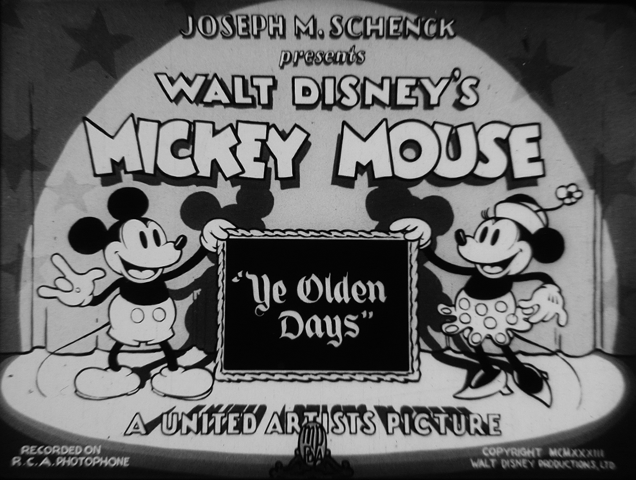The Mystery of Traveling Food

Nothing helps scenery like ham and eggs. –Sam Clemens
Way down deep, the blame likely lies with author Barbara Kingsolver, and a confrontational penman named McKibben. At least that’s the one explanation to explain a recent incident regarding the status of “food miles” at Judi’s notable café in West Sedona. The incident in question unfolded when an itinerant guru—once he’d sampled a bite or two— stopped the redoubtable senior staffer, Deb, in her tracks by asking how many “food miles” his TBLT had traveled.
“You’re kidding, right?” she half-smiled.
“Not,” reflected the itinerant, free lance guru. “You should label your menu items so that everyman will know the damage to the biosphere caused by trucking, shipping, and flying my lunch from distant locations on the globe. For example, is the lettuce in my TBLT from Cornville or from Sonora? That is a large different in carbon footprints. Don’t you see?”
Deb’s eyes glazed over. She thought she’d heard it all. Then again she knew about those twisted souls that search far and wide for people having a good time somewhere or other, and then take steps to ruin those moments, either by threatening to send them to hell or forcing them to listen to a timeless, endless City Council work session on something or other.
“Well,” she whispered to a co-worker. “At least he didn’t ask me if any of our food comes from China. I hear that everything is being recalled over there except the Commie government.”
At press time, carbon-sensitive associations are pressing the current Federal Government to launch a labeling program so that each of us will be informed about our carbon footprint, otherwise known as how much fuel (see fossil fuels) was consumed during a carrot’s travels from a garden somewhere in New Guinea to our tummies, during an onion’s travels from Georgia to Tucson, a melon’s trip from Orange County to North Dakota—-ergo the exact number of food miles.
Truth be told, the notion has not attracted much support in D.C. It seems that most senior government officials are too busy with other pressing agenda items. Yet, that has not stopped the zealots following in the literary wake of McKibben and Kingsolver. For instance, it’s been reported that 75% of all the apples sold in Manhattan come from California or from another foreign land. What’s more, Texas Observer writer, Jimmy McWilliams, insists that the carrots he likes travel 1600 miles from California; chuck roast, 600 miles from Colorado; a potato 1,200 miles from Idaho. Just imagine all that greenhouse gas. So this is a slam dunk, correct?
Or, on the other hand, is the formidable Sam Troia on the mark when he questions the premise that fewer food miles traveled means fewer fossil fuels consumed? “Miles, schmiles, whatever works, works,” says he.
On the grounds that it’s better to ask some of the questions than it is to know all the answers, a Special Excentric probe challenged the conventional premise promulgated by the hand-wringing, environmental extremists who see greenhouse gas emissions escaping from all our pores, whether industrial or personal.
Question one: is buying local foodstuffs always good for the environment? Sound like a no-brainer? That happens to be as wide of the mark as two-left shoes.
Consider the following illustration: First, we have lamb shipped by boat from grassy New Zealand fields and pastures to Cornville which yielded 1500 pounds of carbon per ton. Now, what of lamb raised in Cornville? Get ready for this—Cornville lamb was responsible for 6200 pounds of carbon according to experiments conducted by Lincoln University in New Zealand. Therefore, it is four times more environmentally sane, and carbon-less to buy New Zealand lamb than it is to chow down on Cornville fare.
Now, why is that that the result? Experts say that the answer is simple, namely that the soil in Cornville, never rich, is deeply in need of fertilizers and feeding, bad-boy carbons you know.
So, is the push to think globally and eat locally as dead as last year’s Christmas trees?
Nope! All that’s needed is for Cornvillians to mount an advertising campaign that proclaims that the goods they grow are not imported from China.





